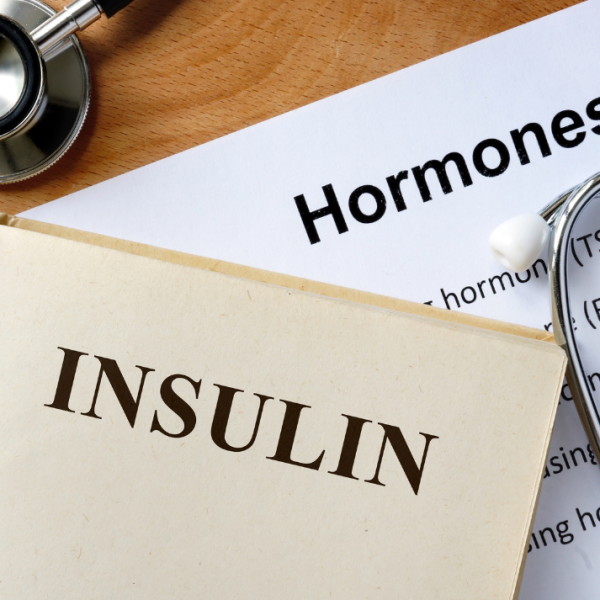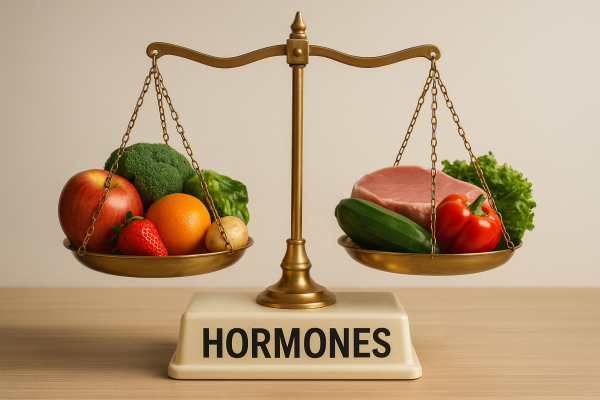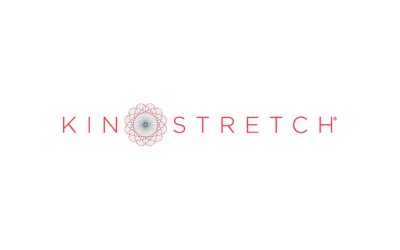The old adage goes, “abs are made in the kitchen”...
They aren’t wrong, but the hormonal benefits of balanced nutrition are an even more desirable outcome than a ripped 6 pack. So, we’re taking the time to break it down for you, so you can better understand how what you put in your mouth directly affects all of your body systems.
It’s just calories in, calories out, right?
Oh no, my friends that old theory has long been disproved!
You can not outwork a bad diet.
Your body is far more sophisticated than a simple energy equation. Every bite of food you take sends signals to your hormones, your cells, and your brain and these signals dictate how you feel, recover, focus, and perform.

Glucose Spikes
So let’s dive in starting with glucose spikes and how they affect your hormone insulin and long-term health.
When we eat, especially foods high in sugar or refined carbs, your blood sugar (glucose) rises.
Think of glucose as fuel for your body, the energy our cells need to work.
But when glucose spikes quickly, your pancreas releases insulin, a hormone that acts like a key to let glucose out of your blood stream and into your cells.
Insulin helps us to store energy where your body needs it and keeps blood sugar from getting too high.This is a normal response.
The problem comes when these glucose and insulin spikes happen again and again, day after day, year after year.
Your cells get used to the constant flood of insulin and start to respond less effectively to it, so the body has to release MORE insulin to have the same effect.
This is called insulin resistance, and it’s at the root of many chronic illnesses: inflammation, heart disease, type 2 diabetes, non-alcoholic fatty liver disease, some neurodegenerative diseases, cancers and even erectile dysfunction.

So, how does insulin resistance happen in simple terms?
Think of your body like a sponge. Normally, when insulin comes along, your cells soak up glucose and your energy systems work efficiently.
But when insulin keeps showing up in high amounts because of constant sugar and refined food intake, the sponge gets saturated and stops absorbing effectively. Glucose remains in the blood, insulin levels rise even higher, and your body starts struggling to keep things balanced. Over time, this imbalance causes inflammation, hormonal disruption, and dysfunction in multiple organs.
Luckily, there are many tools available to help you understand where you stand with your insulin, blood sugar, and overall metabolic health. On a dietary level, learning about concepts like glycemic load (This is a more comprehensive measure than the glycemic index (GI) because it accounts for both the type of carbohydrate (its GI) and the amount of carbohydrate in a serving. For example, watermelon has a high GI, but a low GL because a single serving has a small amount of carbs) can help you predict how different foods affect your glucose and insulin.
Lab-based tests, such as fasting glucose and fasting insulin tests (get tested now via this link ), provide a snapshot of how your body is managing sugar and insulin at rest.
For those who want a more detailed, real-time picture, continuous glucose monitors (CGMs) track your blood sugar throughout the day, showing how meals, stress, sleep, and exercise impact your glucose levels.
By combining these dietary and laboratory insights, you can make smarter, personalized choices to stabilize blood sugar, optimise your insulin function, and support long-term health.
So when it comes to nutrition for hormonal health, what is best?
While there is no one size fits all for nutrition it would be remiss of us to not stress the importance of eating whole, unprocessed foods as much as possible. We have talked in previous blogs that Barry and I cut processed foods completely from our diets and haven’t looked back and we understand that this isn’t for everyone. We want to encourage you to make the most beneficial food choices for your body as at the end of the day, nutrition isn’t just about calories, it’s about quality of calories. High-quality foods cue the right hormonal responses, stabilize blood sugar, and reduce inflammation. Poor-quality foods may satisfy cravings temporarily but disrupt hormones, metabolism, and long-term health.
Alcohol isn’t getting a free pass here either. Most alcoholic drinks contain sugar and can cause blood sugar fluctuations. Beer, sweet wines, and cocktails spike glucose, while excessive alcohol impairs liver function, reduces insulin sensitivity (aka creates insulin resistance), and promotes fat accumulation. Food for thought, especially if you are dealing with any form of inflammatory issue.

The Key to Making Conscious Nutrition Choices
Every meal is an opportunity to give your body the right cues to function optimally. Here’s how:
- Read labels carefully. If a food has a long ingredient list or hidden sugars, take notice — it’s often designed to spike glucose and trigger cravings.
- Prioritize whole, unprocessed foods. Vegetables, fruits, lean proteins, nuts, seeds, and whole grains deliver steady energy, fibre, and nutrients without a significant glucose spike.
- Use the glycemic index/load as a guide. Low GI foods like pasta, lentils, oats, and vegetables release sugar slowly, keeping blood sugar stable.
- Balance your meals. Combining protein, healthy fats, and fiber-rich carbs slows digestion and reduces glucose spikes.
- Be mindful with alcohol. Opt for lower-sugar drinks and moderate intake to protect your liver and metabolic health.
By understanding the correlation between your blood glucose, insulin, and the hormonal impact of food, you give your body the best chance to perform, recover, and thrive.
Nutrition isn’t just fuel, it’s a signal to your body, guiding hormonal responses, inflammation, energy, and long-term resilience.
When you choose wisely, you’re not just eating; you’re setting yourself up for optimal function today and for years to come.



